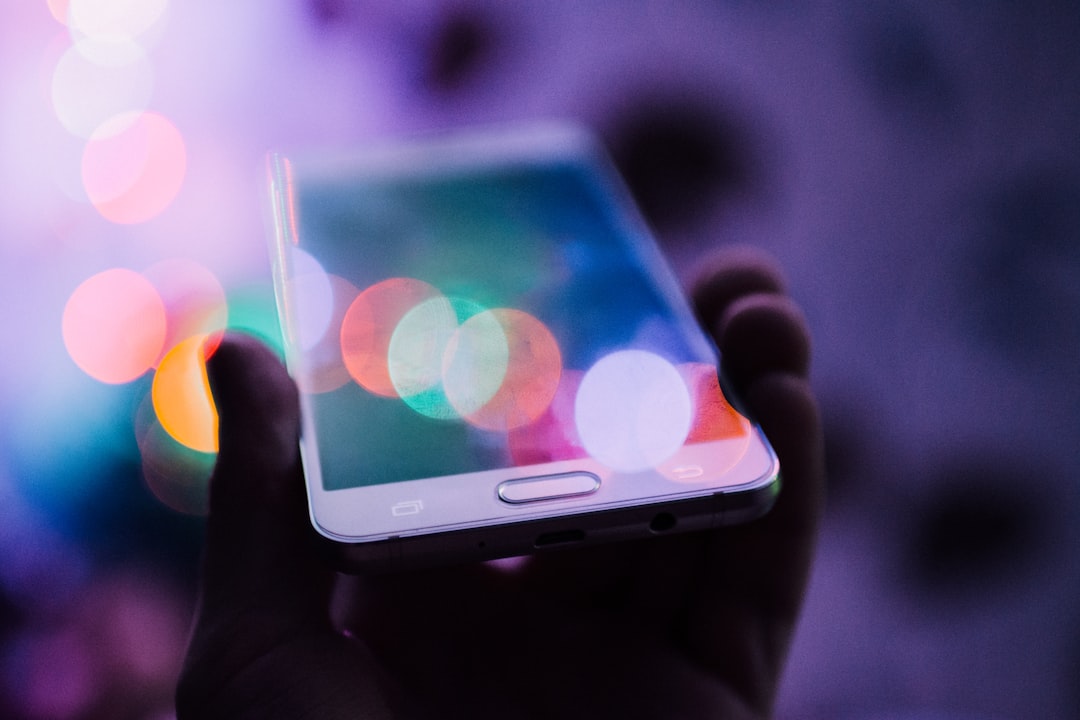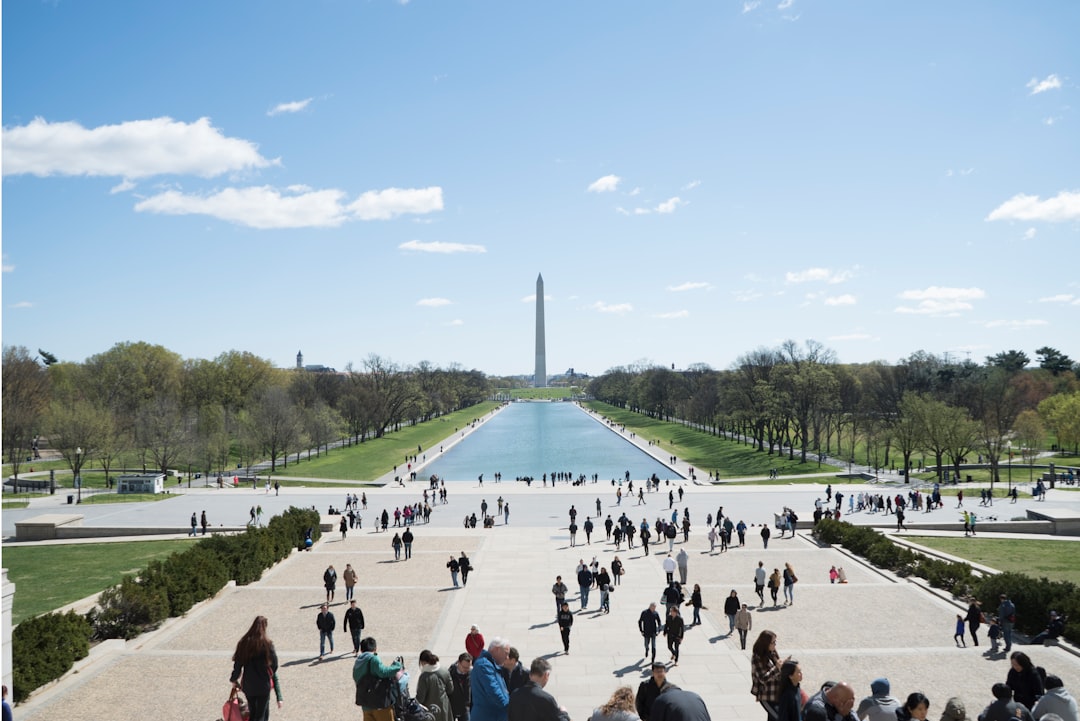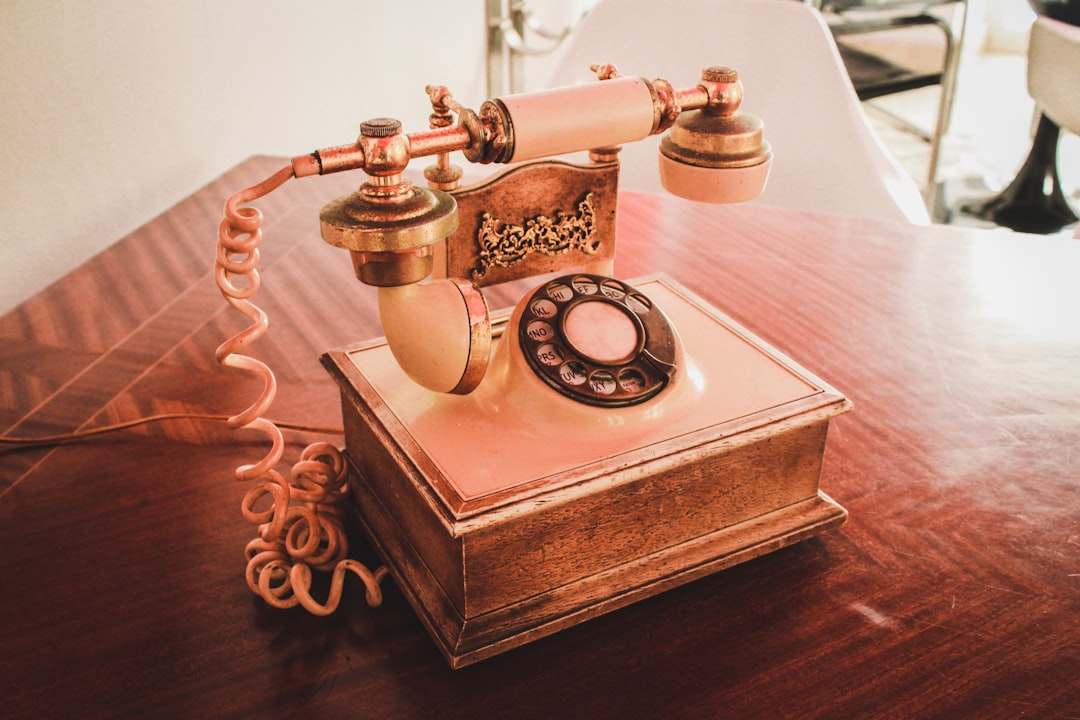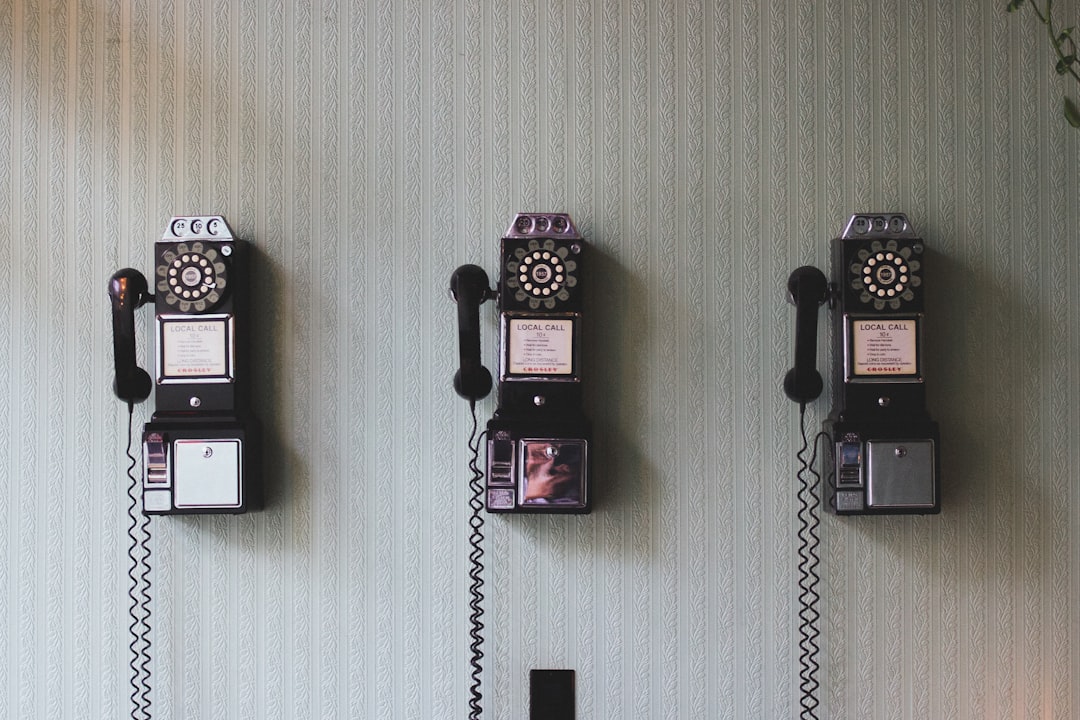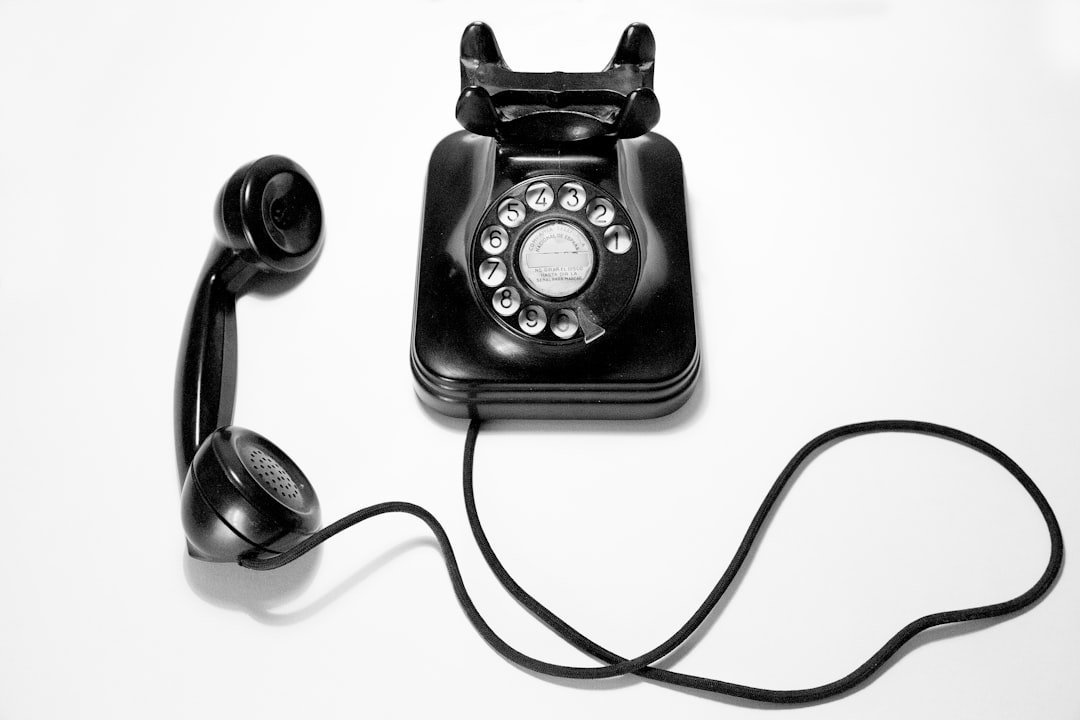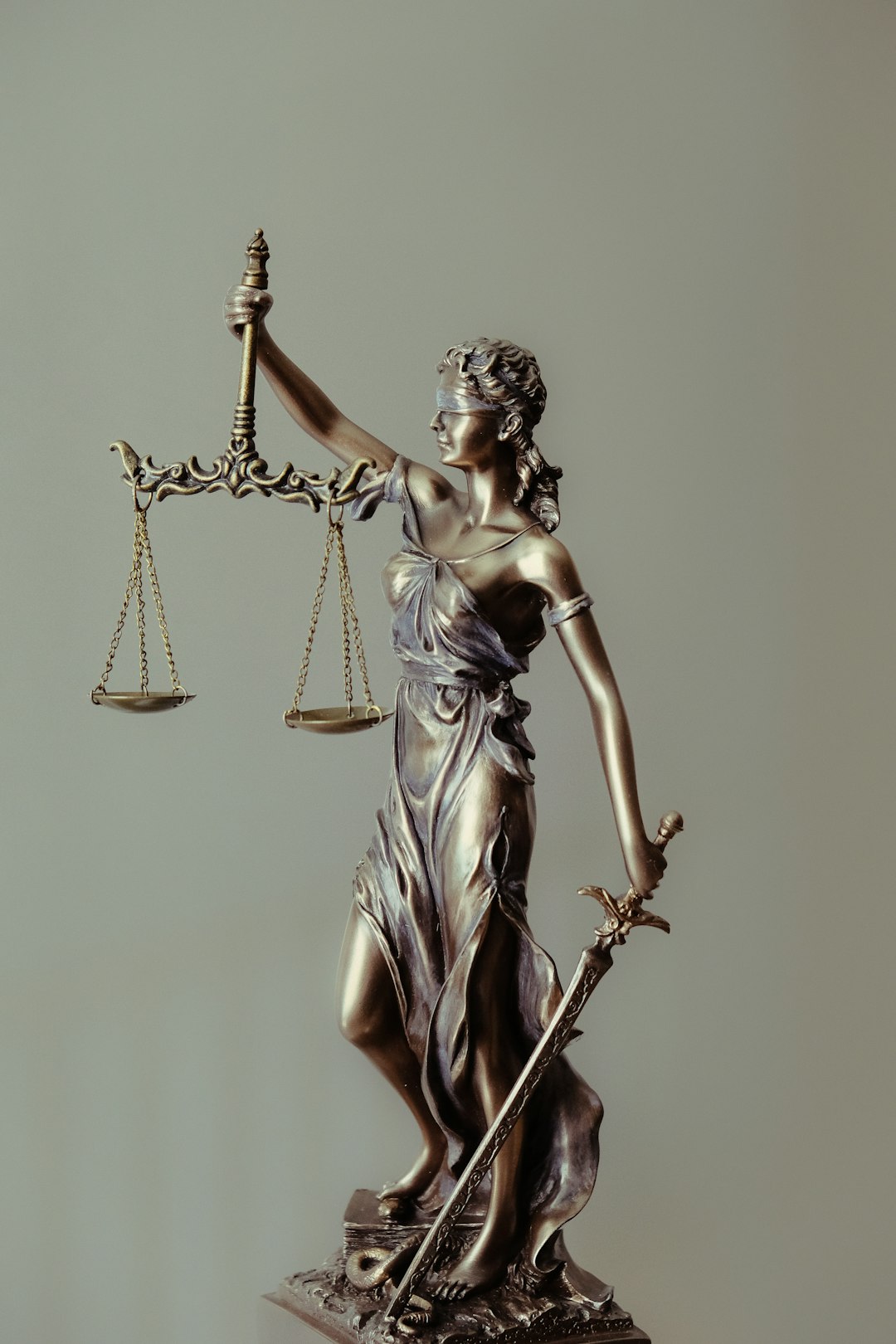Puyallup, WA, grapples with Caller ID spoofing, prompting a call for awareness and action from Do Not Call lawyers in Washington State. These legal experts combat fraud by educating residents on their rights and enforcing anti-spoofing laws. Washington's strict Do Not Call regulations protect consumers, promote transparency, and hold accountable those engaging in deceptive caller ID practices.
In the bustling city of Puyallup, Washington, understanding caller ID spoofing laws is crucial for both businesses and consumers. This article navigates the intricate world of Do Not Call regulations in Washington state, specifically focusing on how these laws protect residents from deceptive practices. We’ll delve into the legal implications, emphasizing the role of expert Do Not Call lawyers in ensuring compliance and safeguarding consumer rights. By understanding these rules, Puyallup folks can better protect themselves from caller ID spoofing scams.
Understanding Caller ID Spoofing in Puyallup
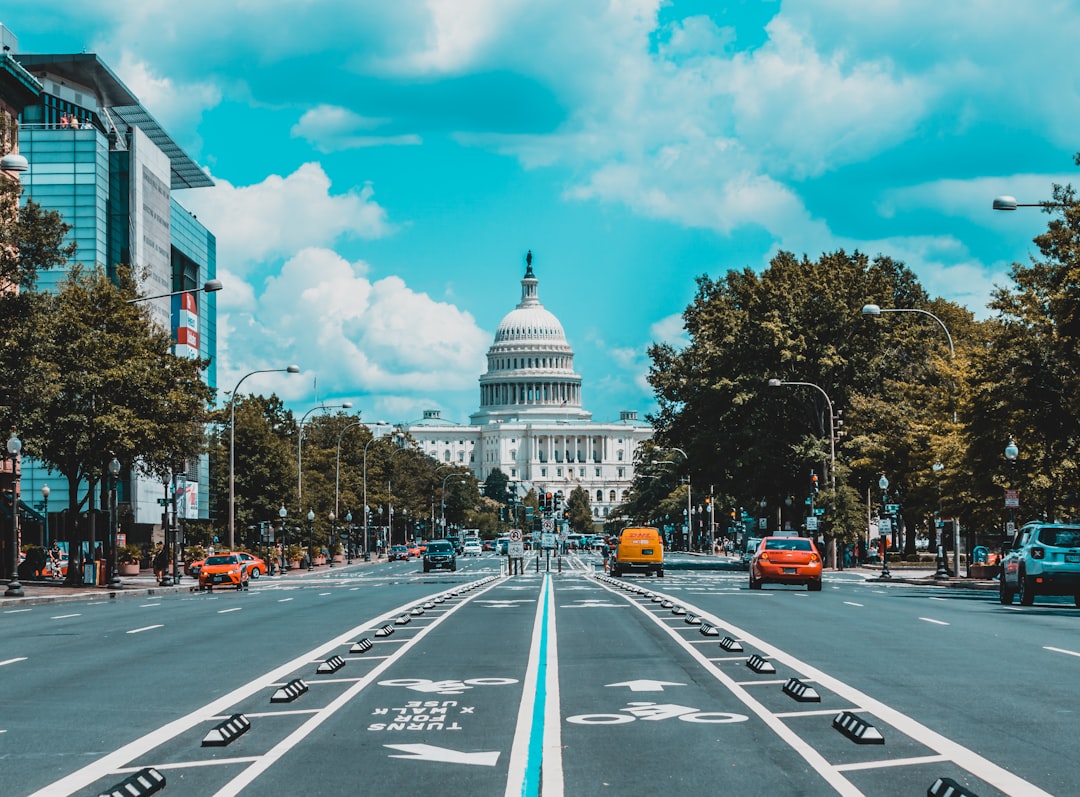
In the modern era, where technology has made communication more accessible, there’s a growing concern over Caller ID spoofing—a practice that can have significant implications in cities like Puyallup, Washington. This deceptive act involves manipulating phone numbers to display false information on a recipient’s caller ID, often with malicious intent. Spoofed calls may appear as local, legitimate calls, but they could be from unknown or even illegal sources.
Puyallup residents and businesses should be aware that such activities are not only unethical but also illegal in Washington state. Do Not Call lawyers in Washington play a crucial role in combating this issue by educating the public and enforcing anti-spoofing laws. It’s essential to recognize that while Caller ID technology is designed to provide accurate information, it can be manipulated using sophisticated techniques. Therefore, staying informed about your rights and reporting suspicious calls is vital in protecting yourself from potential fraud or scams.
Washington's Do Not Call Laws Explained
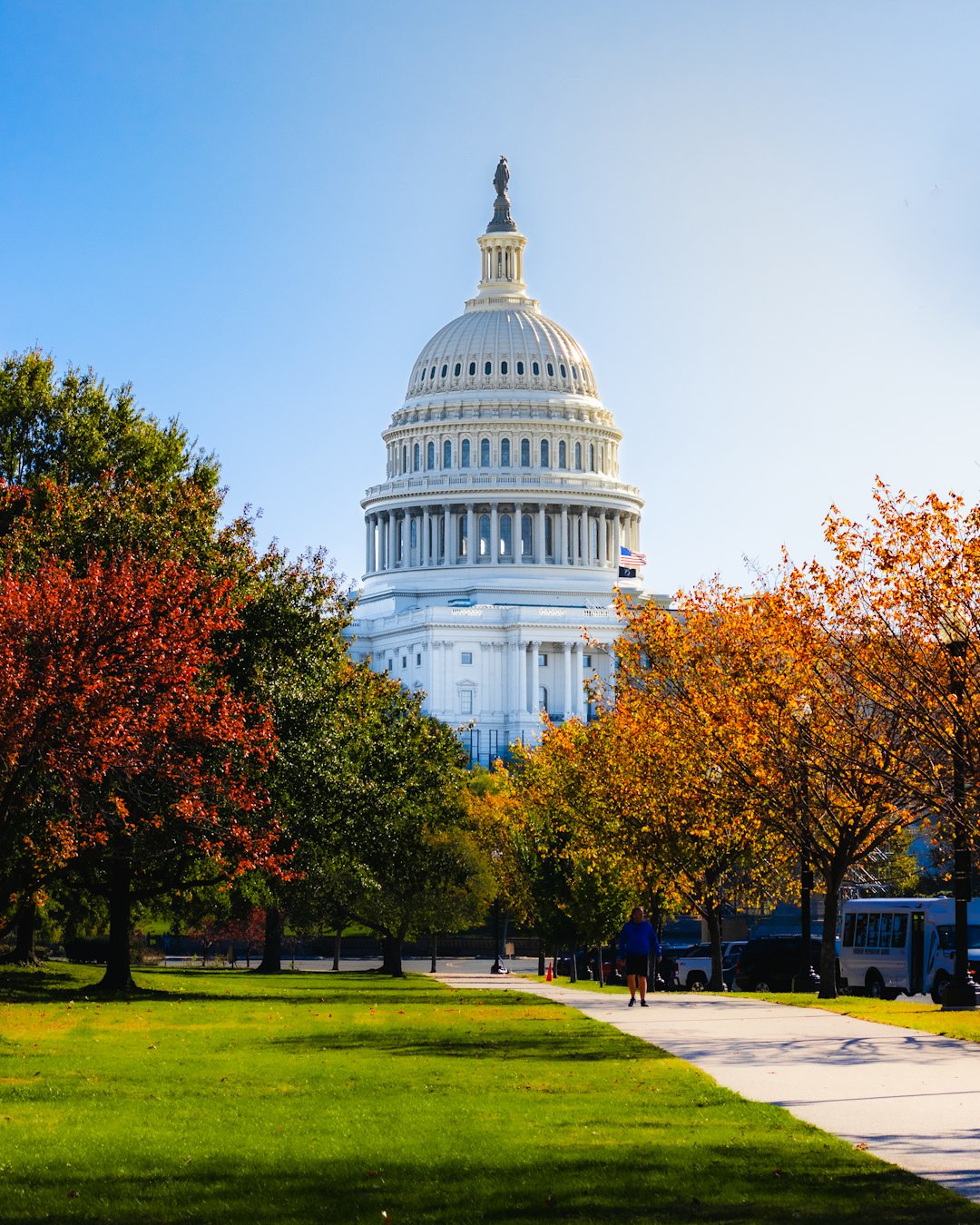
In the state of Washington, Do Not Call laws are designed to protect residents from unwanted telemarketing calls and sales pitches. These regulations are crucial in ensuring that citizens can enjoy peace and quiet in their homes without being bombarded by nuisance calls. Washington’s Do Not Call list is a comprehensive database of phone numbers that have opted out of receiving such calls, making it illegal for businesses and individuals to make unsolicited telephone sales calls to these numbers.
Do Not Call lawyers in Washington play a vital role in navigating these laws. They assist residents in understanding their rights and help them register their numbers on the state’s Do Not Call list. These legal professionals also guide businesses on complying with the regulations, ensuring they avoid penalties for violating consumer privacy rights. By understanding and adhering to these laws, both parties can contribute to a more harmonious and less intrusive communication environment.
Protecting Consumers: Legal Implications
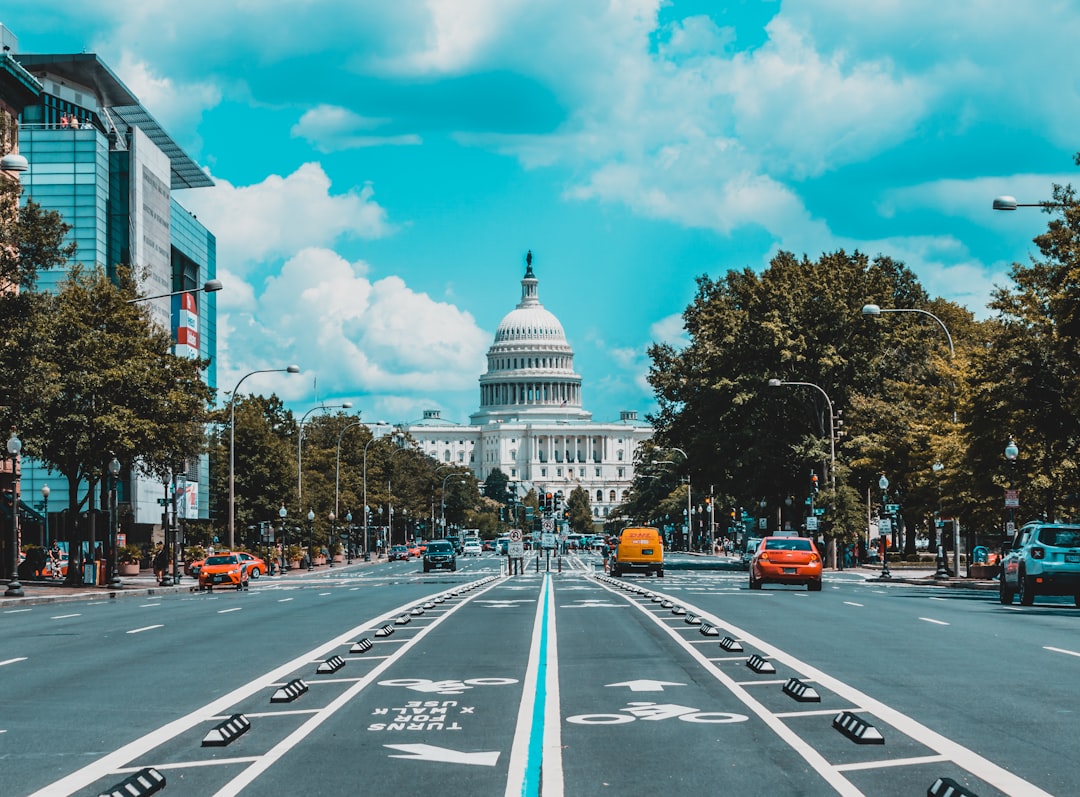
In an era where technology enables unprecedented levels of communication, it also gives rise to new challenges, particularly in the realm of privacy and fraud. Caller ID spoofing is a prime example of this, as individuals or entities can manipulate their display names to mislead recipients. This practice poses significant risks to consumers, who may unknowingly interact with scammers or unwanted telemarketers. To protect Washington residents, strict laws have been implemented, especially regarding Do Not Call lawyers and other similar services.
The legal implications are clear: caller ID spoofing is a violation of consumer rights, potentially leading to substantial fines for culprits. These measures aim to foster a fair and transparent communication environment, ensuring that consumers are not vulnerable to deceptive practices. By holding perpetrators accountable, these laws empower individuals to make informed decisions about their phone interactions, safeguarding them from potential scams or nuisance calls.
